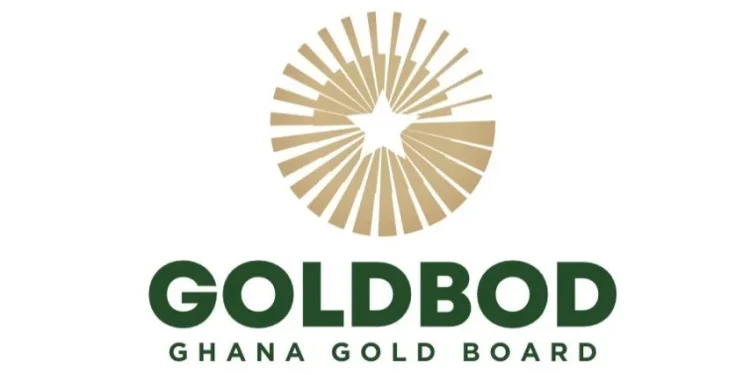Ghana Gold Board Rolls Out Licensing Regime in Major Shake-Up of Local Trading Market
Ghana has moved to tighten oversight and restructure its lucrative but loosely regulated gold trading market with the launch of a formal licensing regime for service providers, the Ghana Gold Board (GoldBod) announced on Wednesday.
The initiative, which takes effect immediately, marks the first phase of a broader reform agenda aimed at streamlining operations, curbing illegal trade practices, and ensuring that the country extracts greater value from its mineral wealth. The move is expected to reshape participation in one of Africa’s most significant gold-producing economies.
Under the new framework, Ghanaian individuals aged 18 and above, as well as fully Ghanaian-owned entities, are now eligible to apply for licences as aggregators or buyers, categorised under tier one and tier two distinctions. Applications can be submitted either online through the GoldBod’s official portal or physically at its headquarters in Accra.
Additional licences for refining, smelting, fabrication, storage, transportation, and importation will be rolled out starting July 2025, according to the GoldBod.
The launch follows years of stakeholder pressure to address loopholes in the gold value chain, which has often been criticised for enabling illicit flows, under-invoicing, and opaque export practices. “We are taking firm steps to regulate and sanitise the sector,” said Samuel Gyamfi, Chief Executive Officer of GoldBod.
In a notable and controversial policy decision, GoldBod reaffirmed its directive requiring all foreign nationals to exit Ghana’s local gold trading market by April 30, 2025. The Board warned that non-compliance would constitute a prosecutable offence under the newly enacted Ghana GoldBod Act, 2025 (Act 1140). Foreigners, however, may still participate in offtake arrangements directly sanctioned by the Board.
Additionally, GoldBod has directed all gold purchases and sales within the country to be executed strictly at the official Bank of Ghana reference rate, published at bog.gov.gh. The directive is in line with efforts to align local pricing with global benchmarks and prevent forex arbitrage.
Market participants and analysts are closely watching how the licensing regime will be enforced, particularly given Ghana’s porous gold supply chains and the involvement of informal actors across artisanal mining communities. The government estimates that it loses hundreds of millions of dollars annually through illicit gold flows.
“This is a crucial test of Ghana’s ability to modernise mineral governance,” said Joe Jackson, an economist at Dalex Finance. “The devil will be in the enforcement.”
GoldBod said it will work collaboratively with industry stakeholders to implement the new framework and encouraged feedback from the public. The Board’s leadership has committed to ensuring transparency and efficiency in the licence issuance process, which it sees as a cornerstone of broader economic reforms within the extractive sector.
As Africa’s largest gold producer, Ghana’s gold industry accounted for nearly half of its total export earnings in 2024, underscoring the sector’s critical importance to the country’s balance of payments and fiscal health.
The success of the licensing program could serve as a model for other mineral-rich countries in the region struggling with similar governance challenges.








